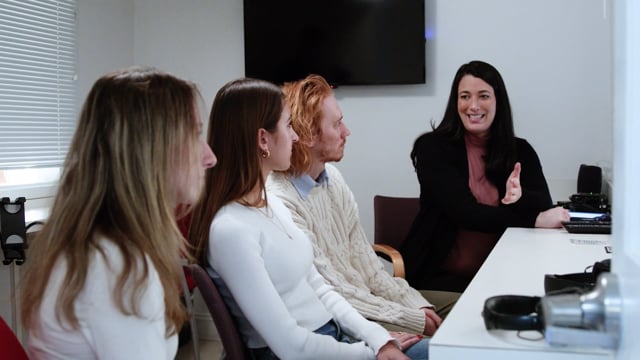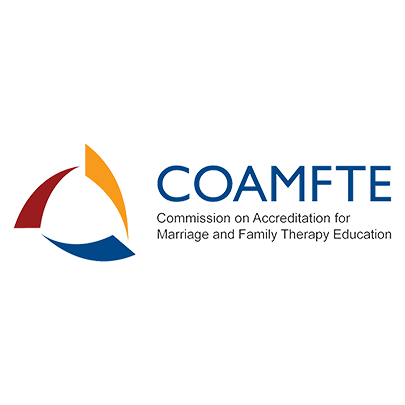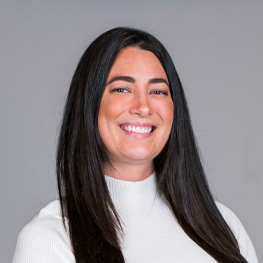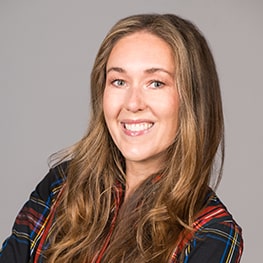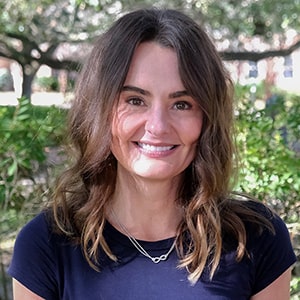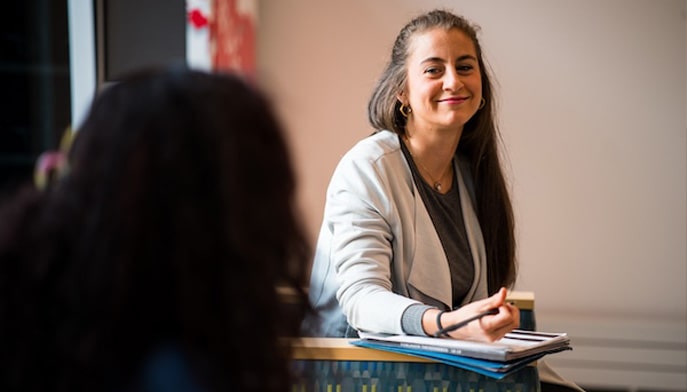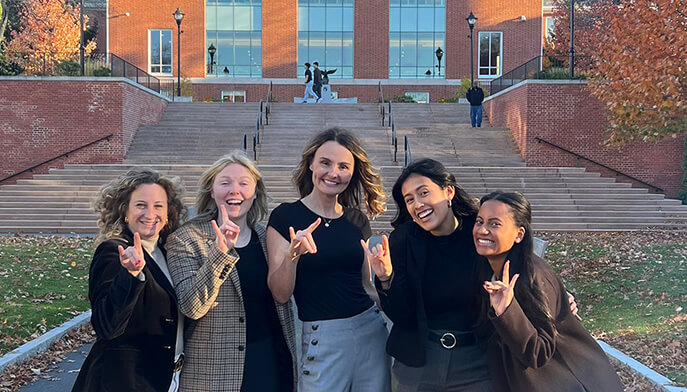Revive Center For Wellness
(Stamford and Norwalk, CT)
Recovery Network of Programs / New Prospects
(Bridgeport, CT)
Waterbury Hospital
(Waterbury, CT)
Darien Wellness
(Darien, CT)
United Community and Family Services, Inc
(Norwich, CT)
Family Resource Associates LLC
(Stratford, CT)
Clifford Beers Guidance Clinic
(New Haven, CT)
Sasco River Center
(Darien, CT)
Horizons
(Bridgeport, CT)
Whole Soul Counseling
(Stamford, CT)
Greenwich Catholic School
(Greenwich, CT)
Redeem Wellness Center
(Westport, CT)
Growth Therapy LLC
(Monroe, CT)
Ridgefield Youth Service Bureau
(Ridgefield, CT)
Malta House
(Norwalk, CT)
St. Augustine Academy
(Bridgeport, CT)
Norwalk Department of Youth Services
(Norwalk, CT)
Strategic Solutions Therapy
(Milford, CT)
Institute of Living Hartford Hospital
(Hartford, CT)
Kids in Crisis
(Cos Cob, CT)
The Causeway Collaborative
(Westport, CT)
Catholic Charities of Fairfield County | Norwalk Family Center
(Norwalk, CT)
Westport Counseling and Therapy MFT
(Westport, CT)
The Carlo Group
(Stratford, CT)
Community Guidance Clinic of Central Connecticut
(Meriden, CT)
Loving Presence Therapy
(Wilton, CT)
APS Counseling
(Rocky Hill, CT)
The Children's Center of Hamden
(Hamden, CT)
Growing Well Counseling
(Tolland, CT)
Mid Fairfield Community Care Center
(Norwalk, CT)
Anderson Counseling and Wellness
(New Milford, CT)
Fairfield Family Therapy
(Fairfield, CT)
Veterans Administration Hospital
(West Haven, CT)
The Child and Family Guidance Center | Bridgeport
(Bridgeport, CT)
Stamford Counseling Center
(Stamford, CT)
Southwest CT Mental Health
(Bridgeport, CT)
Rimmon Pond Counseling
(Seymour, CT)
CT Renaissance, Inc. | Bridgeport
(Bridgeport, CT)
CT Renaissance, Inc. | Naugatuck
(Naugatuck, CT)
Key Therapy
(Monroe, CT)
Hartford Healthcare Behavioral Health
(Hartford, CT)
The Mary J. Sherlach Center
(Trumbull, CT)
CT Renaissance | Waterbury
Revive Center For Wellness
(Stamford and Norwalk, CT)
Recovery Network of Programs / New Prospects
(Bridgeport, CT)
Waterbury Hospital
(Waterbury, CT)
Darien Wellness
(Darien, CT)
United Community and Family Services, Inc
(Norwich, CT)
Family Resource Associates LLC
(Stratford, CT)
Clifford Beers Guidance Clinic
(New Haven, CT)
Sasco River Center
(Darien, CT)
Horizons
(Bridgeport, CT)
Whole Soul Counseling
(Stamford, CT)
Greenwich Catholic School
(Greenwich, CT)
Redeem Wellness Center
(Westport, CT)
Growth Therapy LLC
(Monroe, CT)
Ridgefield Youth Service Bureau
(Ridgefield, CT)
Malta House
(Norwalk, CT)
St. Augustine Academy
(Bridgeport, CT)
Norwalk Department of Youth Services
(Norwalk, CT)
Strategic Solutions Therapy
(Milford, CT)
Institute of Living Hartford Hospital
(Hartford, CT)
Kids in Crisis
(Cos Cob, CT)
The Causeway Collaborative
(Westport, CT)
Catholic Charities of Fairfield County | Norwalk Family Center
(Norwalk, CT)
Westport Counseling and Therapy MFT
(Westport, CT)
The Carlo Group
(Stratford, CT)
Community Guidance Clinic of Central Connecticut
(Meriden, CT)
Loving Presence Therapy
(Wilton, CT)
APS Counseling
(Rocky Hill, CT)
The Children's Center of Hamden
(Hamden, CT)
Growing Well Counseling
(Tolland, CT)
Mid Fairfield Community Care Center
(Norwalk, CT)
Anderson Counseling and Wellness
(New Milford, CT)
Fairfield Family Therapy
(Fairfield, CT)
Veterans Administration Hospital
(West Haven, CT)
The Child and Family Guidance Center | Bridgeport
(Bridgeport, CT)
Stamford Counseling Center
(Stamford, CT)
Southwest CT Mental Health
(Bridgeport, CT)
Rimmon Pond Counseling
(Seymour, CT)
CT Renaissance, Inc. | Bridgeport
(Bridgeport, CT)
CT Renaissance, Inc. | Naugatuck
(Naugatuck, CT)
Key Therapy
(Monroe, CT)
Hartford Healthcare Behavioral Health
(Hartford, CT)
The Mary J. Sherlach Center
(Trumbull, CT)
CT Renaissance | Waterbury
(Waterbury, CT)
Newtown Youth & Family Services
(Newtown, CT)
Lift up Wellness
(Westport, CT)
Lifebridge Community Services
(Bridgeport, CT)
CT Renaissance, Inc. | Stamford
(Stamford, CT)
Lifebridge | Fairfield
(Fairfield, CT)
Midwestern Connecticut Council of Alcoholism (MCCA)
(Danbury, CT)
Stratford Community Services
(Stratford, CT)
Silver Hill Hospital
(New Canaan, CT)
